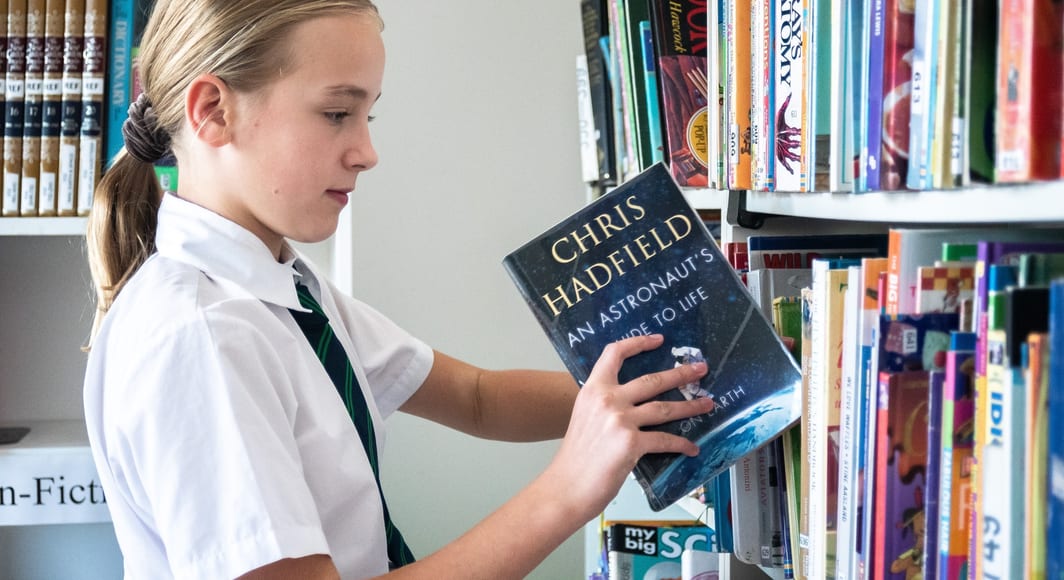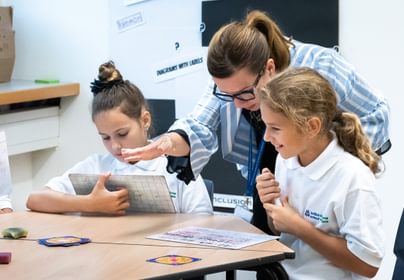All students should have the opportunity to succeed, fulfil their potential and most importantly, access the curriculum fully. In a school with such a high number of students with English as an additional language, the need for ensuring no one is left behind becomes even more vital.
English as an Additional Language
The English as an Additional Language (EAL) provision at the British International School of Ljubljana strives to guide students through their English language learning journey, by providing the opportunity for excellence, challenging our students, and tailoring the teaching and learning processes to meet the needs of each individual. Our results indicate that when we fuse the structures and systems we have in place with our passion for the English language and learning, we are able to reduce the barriers of our language learners and aid their access to mainstream education with success.
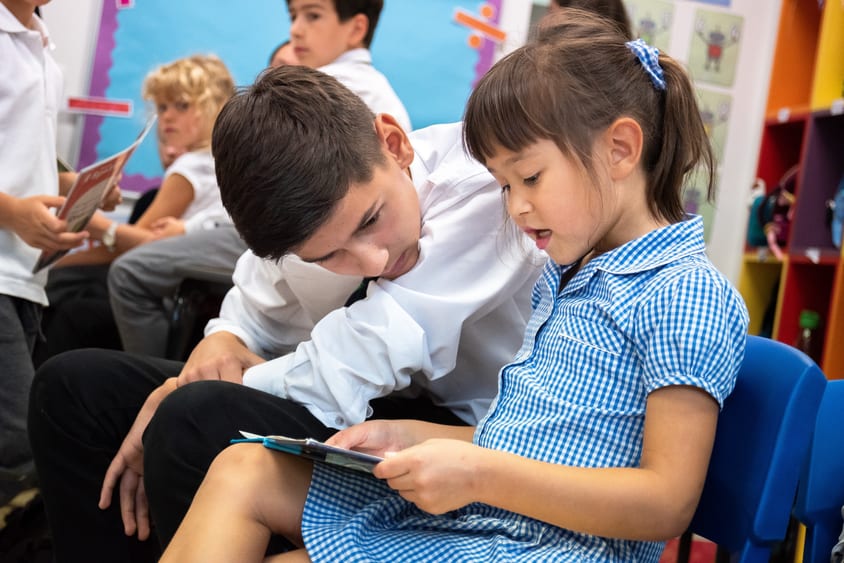
The majority of students at BISL speak at least two or more languages, and for 90% of our students, English is their second or even third language. The EAL programme at BISL has been set up to enable students to integrate into the school’s social and academic life as quickly and smoothly as possible.
Research shows that it takes most EAL students 5-7 years to match the academic performance of native speakers of the same ability (see Collier-Thomas):
- Basic interpersonal communication skills take 1-2 years to develop.
- Cognitive language and academic proficiency take 5-6 years to achieve comparably with peers.
Effective language programmes are crucial for students to be able to reach the proficiency in English, to allow them to access our curriculum areas and to maintain that level of high achievement across subject areas.
The 3-Tier system of our EAL provision works to support students according to their individual needs, in order to equip them with the necessary language tools to:
- Develop a social network with their peers
- Access the curriculum
- Immerse into mainstream classes
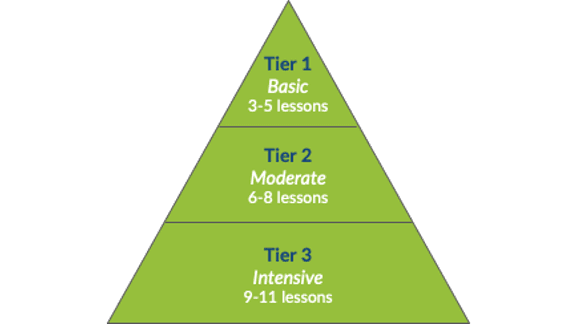
Our EAL students are supported in small groups both out-of- and in-class by our EAL specialists and trained staff who are familiar with the curriculum and work closely with other class teachers and subject specialists, in order for students to be able to engage and participate in lessons progressively more independently.
Tracking of our PTE results in the last three years has highlighted the fact that students who are enrolled in the BISL EAL programme make significant progress in their language acquisition after only the first year in the programme, with many reaching even higher levels compared to their native speaking peers. This is a phenomenal achievement which underlines the impact of the EAL programme at BISL.
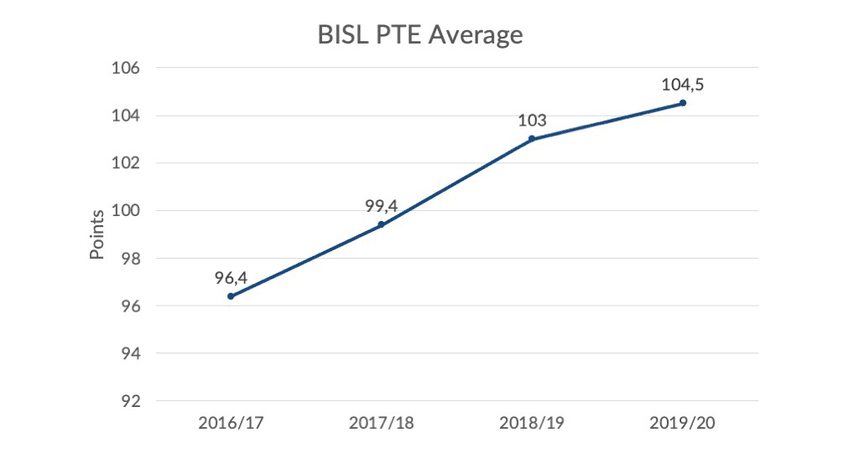
Our EAL programme provides the building blocks to inclusive education and all teachers take part in further professional development, so that they can effectively support students throughout their language learning journey at BISL.
Literacy in Primary School
In Primary school at BISL, we teach English in a number of ways, using a range of methods and strategies. In Early Years and Key Stage 1 we follow a course of Phonics, using Letters and Sounds to introduce a range of sounds and to develop our students’ early reading skills. Across all Key Stages, we have daily reading groups and alongside this, we use daily English lessons to develop speaking, listening, reading and writing.
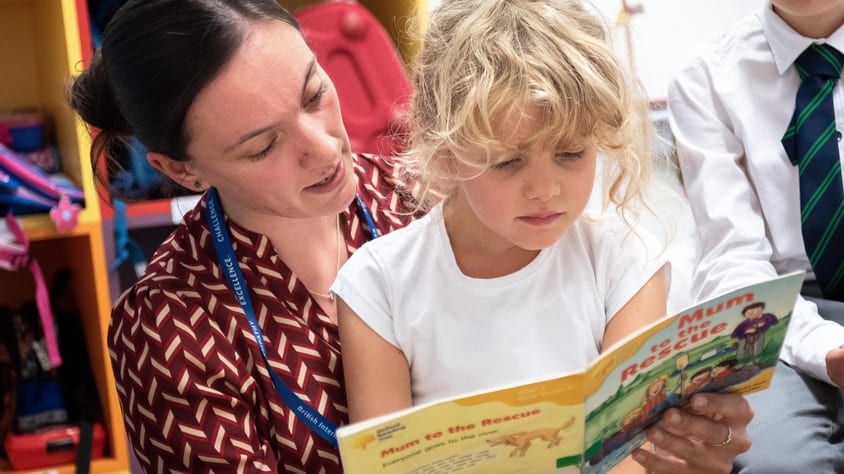
Students enjoy their small reading groups, as it gives them the opportunity to share ideas and discuss what they have read in detail. They also relish the opportunity to explore their own creativity in their writing and sharing their written work with their peers.
To ensure the progression throughout the Key Stages, teachers plan and deliver exciting and stimulating lessons to promote the development of students’ knowledge, understanding and skills. We aim to develop their spoken language, reading, writing and vocabulary as they are integral aspects of the teaching of every subject.
English Language and Literature in Secondary School
Secondary English students at BISL study a wide variety of topics, ranging from poetry to linguistics. In each Key Stage, students focus on acquiring and developing the necessary language and analytical skills whilst studying classic English Literature texts from writers such as Shakespeare and Orwell. At BISL, we have created a diverse curriculum which incorporates a range of authors such as Maya Angelou, Carol Ann Duffy, Tennessee Williams, John Aghard and many more.
We also discover how language works, and the ways in which we acquire language. By combining all of these topics and skills, students at BISL can become confident users of English and gain the ability to write and communicate with both purpose and effect, able to achieve outstanding examination results.

Our students are encouraged to work in teams and independently on English related projects, such as creating a student magazine which is published every block, which promotes students to write about global events and topics they are interested in across the curriculum. Students regularly write for our Student Voice series on our school website, where students often work together on a range of topics such as:
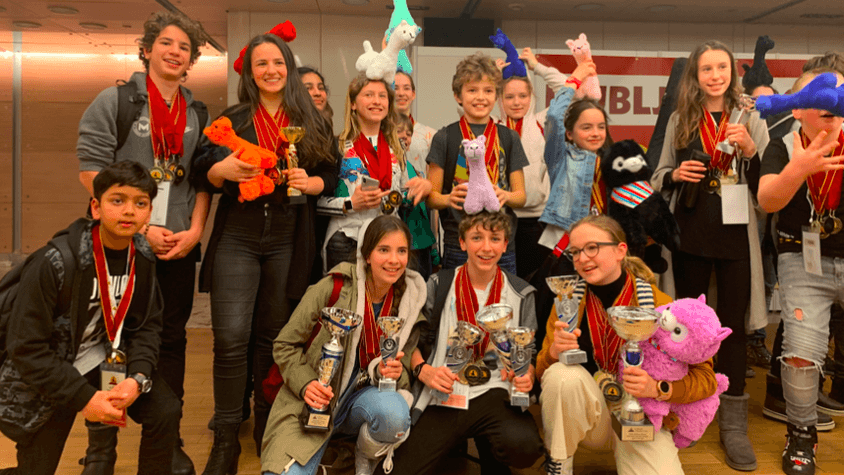
We routinely encourage students to enter competitions locally and internationally such as poetry writing competitions, debating, creative and academic writing. Earlier in January we had several students enter the Immerse Oxford and Cambridge academic writing competition, a summer school programme for which last year we had two students accepted with full scholarships, and we hope to have the same success this year. In April we will be entering students into a poetry writing competition and hopefully seeing one or two of our students’ works published there too. These experiences give them a head start at university, acquainting them with some vital skill needed for success in higher education, at any university of their choosing.

